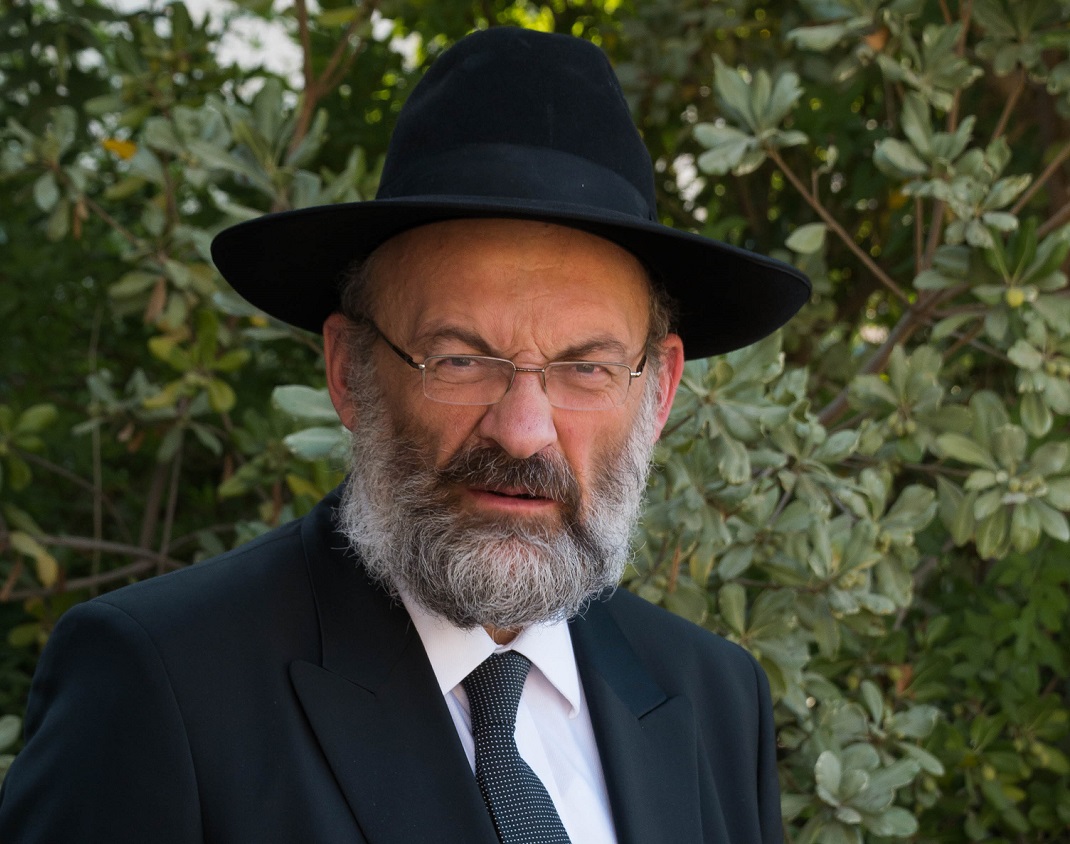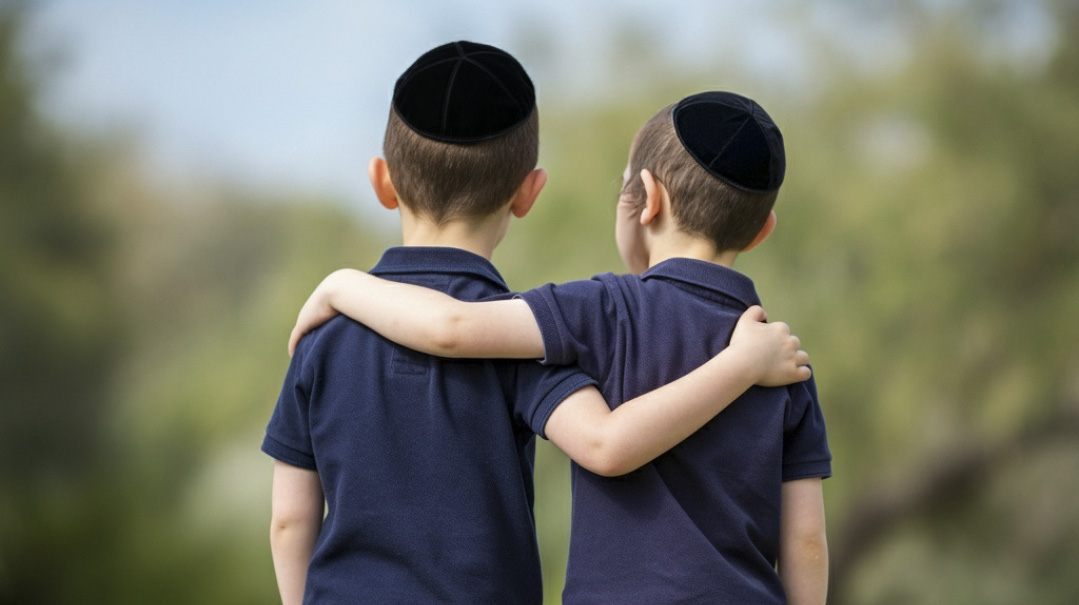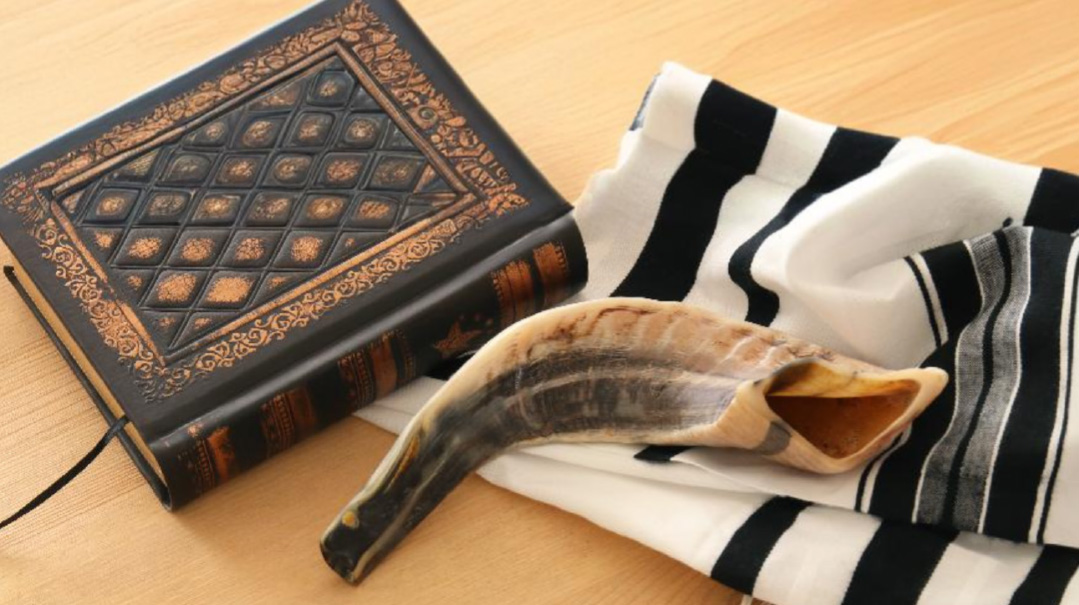The Message within the Mitzvos

Are you interested in your children or just in their performance?
When it comes to producing achievers, our chinuch has never been better. We’re experts in getting kids to perform. They learn long hours, master large amounts of material, and keep halachah stringently. True, not every child goes through the system with flying colors, but on the whole, we’re very successful at bringing kids to impressive accomplishments.
But is that really our job in chinuch? Are we just Torah coaches, trying to help our kids win a gold medal? Of course, we want our kids to excel. But we have to show our children and students that we’re interested in them, not just in their accomplishments. Otherwise, we’re missing something basic about chinuch, and about Torah itself.
The Gemara says in Kiddushin that when the nations heard the Ten Commandments, they initially thought, “kevod atzmo Hu doresh” — Hashem seeks His own honor. But when they heard the mitzvah of kibbud av v’eim, they realized that even when He said, “Anochi Hashem Elokecha,” He wasn’t looking for His own honor.
What does “His own honor” mean? They didn’t think Hashem sought celebrity and adulation. They thought, understandably, that Hashem’s primary concern is that His Will be done. When I fulfill your wish, I honor you. They thought He simply wants us to do as He says. Then they heard how He wants our parents’ will to obligate us, and understood He’s not just interested in us following His orders.
They discovered that the true context of Torah isn’t merely obedience and performance. Hashem demands we fulfill all His mitzvos, but not for the reason that He’s seeking “kevod atzmo,” simply that His will be done. What He’s really after is us.
Klal Yisrael didn’t need the mitzvah of kibbud av v’eim to teach them that; they’d known it all along. They knew it, because Hashem Himself prefaced Matan Torah with this lesson.
In parshas Yisro, Hashem instructs Moshe to warn the people not to even touch Har Sinai, for anyone who does so will die. A few days later, amid the shofar blasts of Matan Torah, Hashem summons Moshe to the top of the mountain. Moshe ascends, ready to receive the Torah, but Hashem tells Moshe: “Go back down and warn the people not to come too close to the mountain, lest many of them perish.”
Moshe argues: “They can’t come too close, for You already warned them not to.”
Yet Hashem responds, “Go back down!” and Moshe complies.
This is one of the most enigmatic passages in the Torah. What was the whole dispute about — surely Moshe was right? The second warning seemingly added nothing to the first.
This is the context in which the whole Torah is set. Hashem reiterated His warning to convey to Klal Yisrael, “I don’t just care about you performing My commandments. I care about you.”
Rashi comments on Hashem’s second warning: “Anyone who falls, even one single person, is significant before Me like a multitude.” What sweet depth Rashi conveys in a few words! Every single Jew is “before Me” — in Hashem’s personal realm. You’re not just a cog in the mitzvah machine. You’re not a means to an end. You’re Hashem’s precious child, in Hashem’s most intimate realm.
Hashem communicated that to us by repeating His commandment not to touch Har Sinai. His message was not that there’s something else besides the mitzvos, chas v’shalom; rather that within the mitzvos themselves, He’s primarily interested in us. He told Klal Yisrael: “I want you to keep My commandments, not for My sake, but for yours — because you’re dear to Me.” The mitzvos are in full force, but their context is Hashem’s love for every Jew, not kevod atzmo.
Without realizing it, people often think Hashem is primarily interested in their performance. They ascribe to Him the attributes of a boss who’s mostly interested in the bottom line: How well did you keep the rules and get the work done?
But Hashem’s concern for us transcends our performance. Performance is kevod atzmo — for His sake. That’s not what Hashem’s after. He wants you to keep Torah and mitzvos because He wants you to grow and flourish, not just so the commandments should be fulfilled.
This is the true context of the whole Torah. Hashem wants us to do the mitzvos, not for kevod atzmo, but rather because He cares about us.
Before Hashem gave us the Torah, He first wanted us to understand its context. Yet when it comes to chinuch, so many of us fail to convey this basic message to our children and students. What implicit message do our children hear from us? “I want you to keep the rules.” What do our students hear? “I want you to come on time and ace the tests.”
I asked a teacher if he cares about his students’ lives, or just about their performance. He chuckled: “Hashem is interested in their life; I’m interested in their performance.” That teacher was anything but callous. If a student was in trouble, he’d be the first to help him. But he believed his job as a teacher was to make his students achieve — nothing else.
That approach is kevod atzmo Hu doresh — I just want the job done. How can we educate kids in Torah if we’re missing the whole background of Torah? It’s not enough that deep down we care about our children and students; we have to show them that. They have to feel we’re first and foremost interested in them.
Say your daughter gets 100 percent on her test. What do you do? You praise her for getting 100. That just shows her achievement is important to you. You have to show her she’s important to you. One way to do that is to tell her, “I’m so happy for you that you experienced the satisfaction of seeing your hard work pay off.”
Don’t make a mistake. Being interested in the life of the student doesn’t mean you have to schmooze with him about his favorite basketball team. Hashem taught us He cares about us not by shooting the breeze, rather by reiterating His commandment — within the framework of Torah itself. We have to make him feel we care about his life within the context of teaching.
How do you do that? You have to show him you want him to understand, in his own way. So too when it comes to chinuch in mitzvos. Your job isn’t just to teach your kids halachah, but also to help them connect to the mitzvos, each in their own way. Everyone has a unique personality, his own way of thinking and learning. All that necessitates a personalized approach to chinuch.
How many ways do you have to help a child connect to Shabbos, tzniyus, or tefillah? How many ways do you have to explain the parshah or learn a sugya? How many methods do you have to help a child remember his learning?
The truth is, many of us have only one way. “This is the way to learn!” we exclaim, and immediately some kids fall away. “I guess they’re not cut out for learning,” we tell ourselves. Even if they succeed, a one-size-fits-all approach sends the message that we’re interested in them fulfilling our demands, not in them as individuals.
This is perhaps our biggest responsibility — and biggest challenge — in chinuch. We have to show our children and students: “You’re important to me, with your skills, with your personality, and your way of thinking.” If we do that, not only will they succeed in their learning, they’ll also connect to Torah and mitzvos more genuinely. Because this message, after all, is the context of the Torah itself.
—Prepared for print by Rabbi Eran Feintuch
(Originally featured in Mishpacha, Issue 973)
Oops! We could not locate your form.







